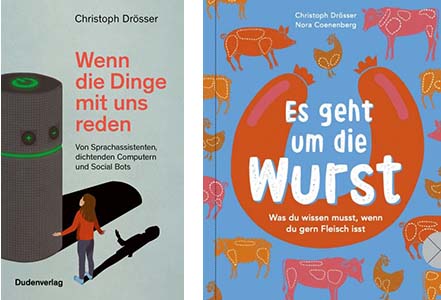
In the space of just a few months, Christoph Droesser (‘94) has published not one but two German-language books. The first, “When Things Talk to Us: Voice Assistants, Computers as Authors & Social Bots” (“Wenn die Dinge mit uns reden”), is a compact exploration of the history and present state of computer linguistics. The book takes readers from the earliest attempts to create talking machines, all the way up to the world of digital assistants like Amazon’s Alexa and language models like GPT-3.
The second book, “It’s about Sausage: What you have to know if you like to eat meat” (“Es geht um die wurst”), is a kids book about — you guessed it — meat. Created in collaboration with illustrator Nora Coenenberg, this nonfiction book aims to give young readers a clear-eyed, kid-friendly look at the ethical considerations that go into being a conscientious meat eater. “Parents who serve their kid burgers or hot dogs have to face the day when the child finds out that an animal was killed in the process,” Droesser writes of the book. “A lot of questions follow: how did the animal live? How did it die? Is eating meat healthy? What about the environment? Nora and I both eat meat, so we wanted to find out if it is possible to consume meat with a clear conscience.”
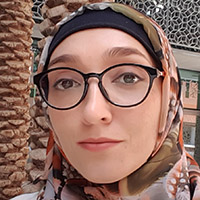
As part of her work with the United Arab Emirates’ Ministry of Education, Zarina Khan (‘08) has launched Innovation@UAE, the first magazine in the country dedicated to covering high impact research coming out of the UAE’s top universities. Khan serves as editorial director and lead writer for the quarterly, bilingual publication, which presents a mix of news, research profiles, event listings, and more.
Innovation@UAE is a digital magazine that is available for free on the ISSUU digital publishing app. The English-language version of the magazine’s inaugural issue can be viewed here. An Arabic-language version of the magazine can be viewed here. Khan says she is hoping to expand the size and scope of the magazine in the coming year.
This February, John D. Cox (‘96) received high praise from one of the world’s most famous philanthropists. Former Microsoft CEO Bill Gates referred to Cox’s 2000 book, “Weather for Dummies,” as “probably the best book written for a general audience about the subject,” and as recommended reading for anyone who wants to understand climate change. Gates was asked about Cox’s work during a February interview with the New York Times Book Review. Gates spoke with the publication while promoting his own book, “How to Avoid a Climate Disaster,” which makes direct reference to Cox’s work on “Weather for Dummies.”
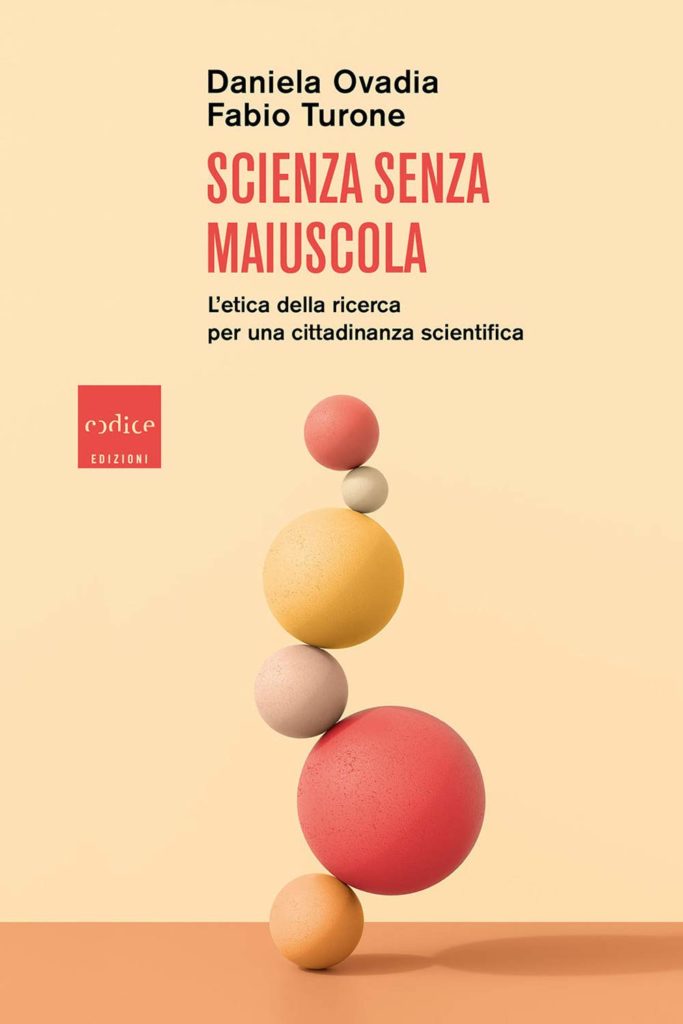
Fabio Turone (‘17) has just completed his first book, written with Daniela Ovadia, on research integrity. Titled “Scienza senza maiuscola: L’etica della ricerca per una cittadinanza scientifica,” or “Science without a capital ‘S’: Research Ethics for a scientific citizenship,” the book illustrates the basic principles of research ethics through the stories of scientists who found themselves unable to keep up with the expectations and high ideals of “Capital S” science, and through the stories of other scientists who spontaneously corrected their own mishaps or rolled up their sleeves to find a fix for the problems. The book will be on the shelves in Italy on April 28th.
The book is just one of several endeavors that have kept Turone busy since his 2016-17 KSJ fellowship. He became the Italy correspondent for UK-based Research Professional News, and in 2020 he chaired the European Conference of Science Journalism in Trieste. He was also among the first contributors to Nature Italy, the newly launched Italian edition of Nature magazine.
Here’s what other alumni are writing, a compendium from Federico Kukso (‘16):
Jeff DelViscio (’19): “Halley’s Comet Can Help Us Understand These Uncertain Times,” Scientific American (with Henry DaCosta and Mitch Myers).
Richard Fisher (‘20): “The moments that could have accidentally ended humanity,” BBC.
Amina Khan (‘19): “Another racial disparity that may be heightened by the pandemic: access to outpatient care,” Los Angeles Times.
Federico Kukso (‘16): “No one is saved alone: vaccination is always a collective act,” Le Monde Diplomatique (in Spanish).
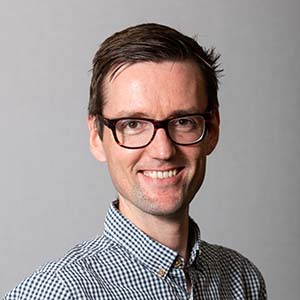
Andrada Fiscutean (‘20): “Remote work raises threats from consumer IoT devices,” CSO.
Pakinam Amer (‘19): “Machine Learning Pwns Old-School Atari Games,” Scientific American.
Valeria Román (‘05): “He is a biologist, he has the disease that Stephen Hawking suffered and he investigates in a wheelchair to find a cure as soon as possible,” Infobae (in Spanish).
Teresa Carr (‘18): “Are We Screening Too Much for Skin Cancer? It’s Complicated,” Undark.
Betsy Mason (‘16): “Marie Tharp’s groundbreaking maps brought the seafloor to the world,” Science News.
Yves Sciama (‘14): “From mutagenesis to ‘genetic scissors’, a brief history of GMOs,” Reporterre (in French).
Dan Falk (‘12): “How Darwin’s ‘Descent of Man’ Holds Up 150 Years After Publication,” Smithsonian Magazine.
Sascha Karberg (‘09): “By the beginning of April the new variants of coronavirus will have displaced the previous ones,” Der Tagesspiegel (in German).
Nick Clark (‘14): “Melting glaciers, rising seas: Approaching climate tipping points,” Al Jazeera.
Herton Escobar (‘07): “Science against negationism,” Jornal Da USP (in Portuguese).
Jeff Tollefson (‘05): “COVID curbed carbon emissions in 2020 — but not by much,” Nature.
Annalee Newitz (‘03): “How archaeologists are using futuristic tech to uncover ancient cities,” New Scientist.


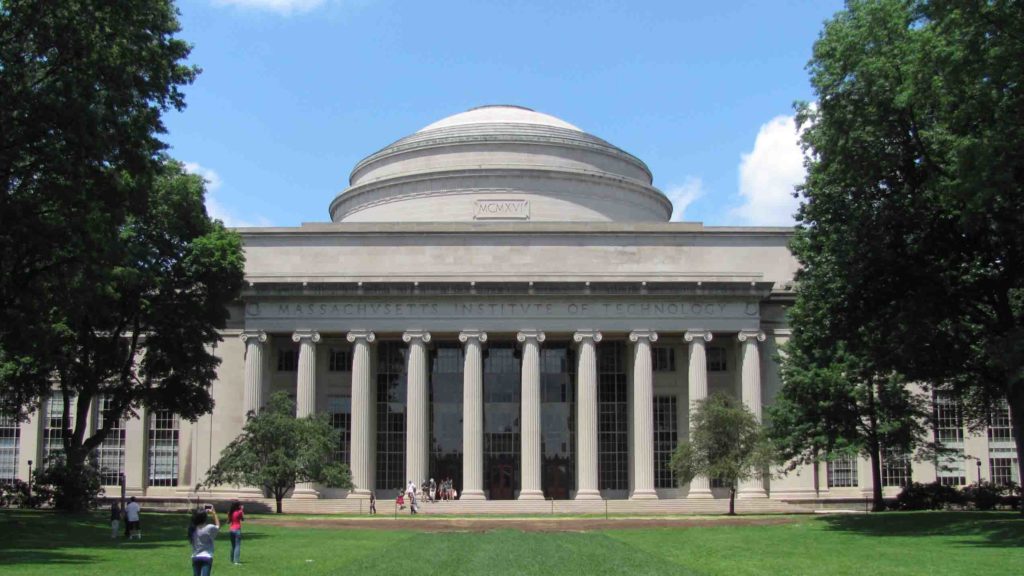

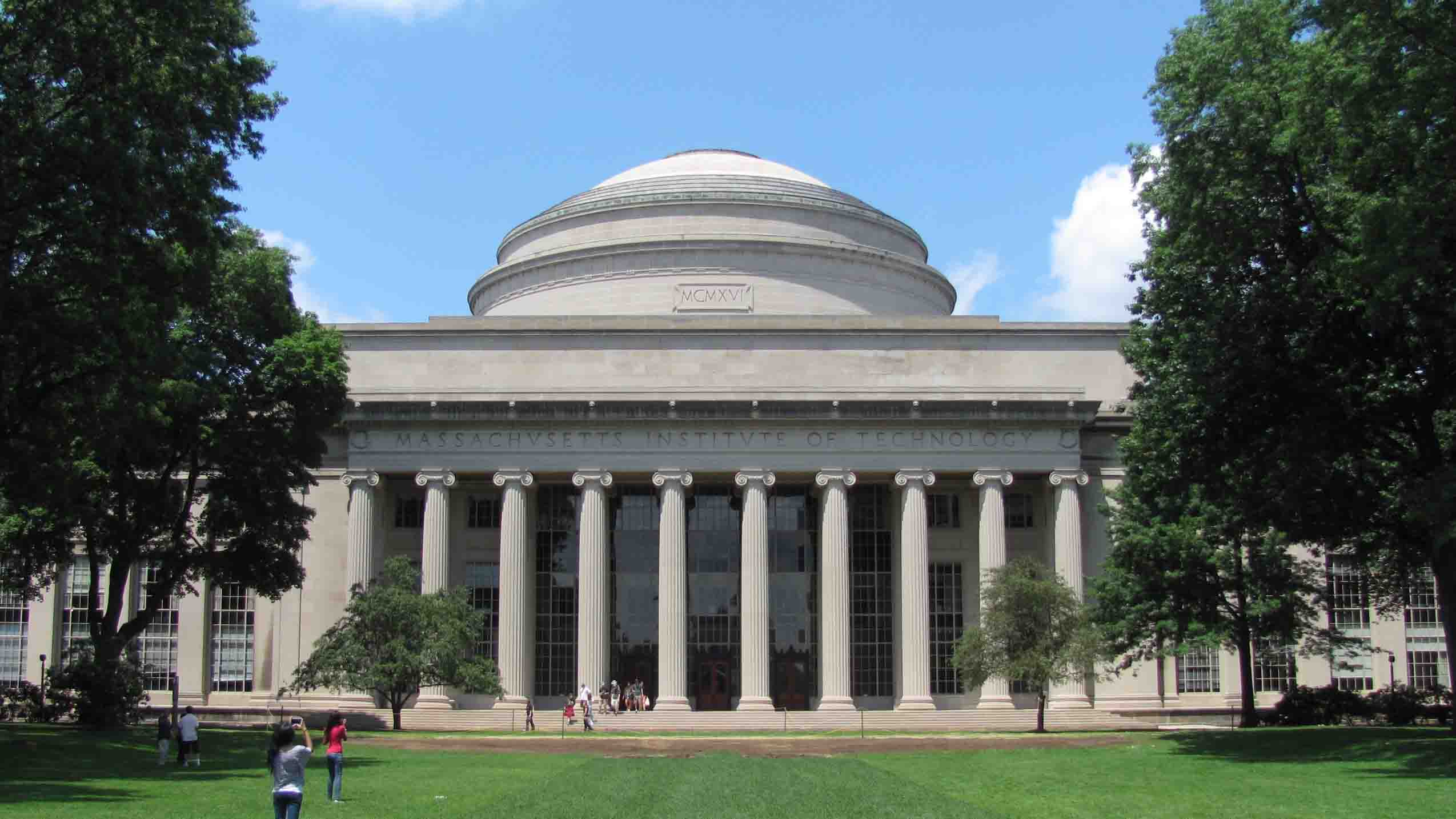
Leave a Reply